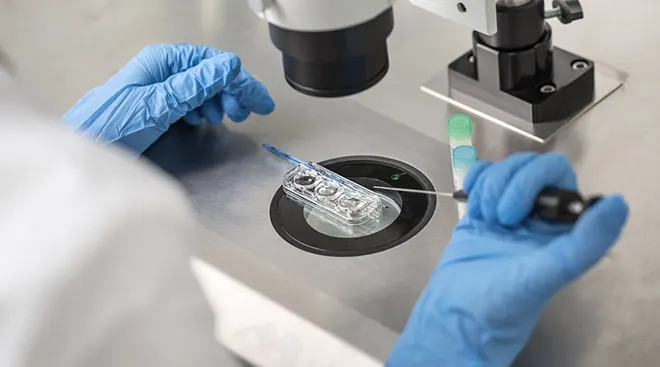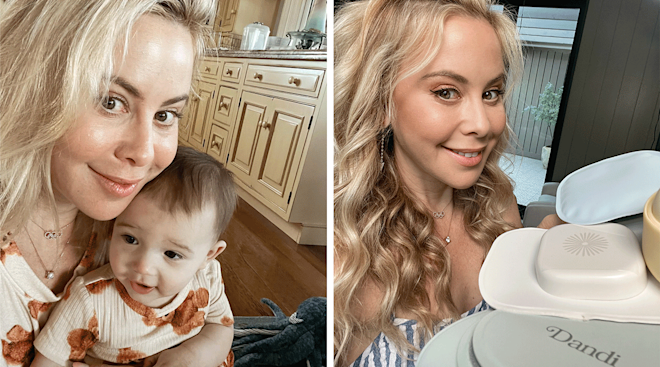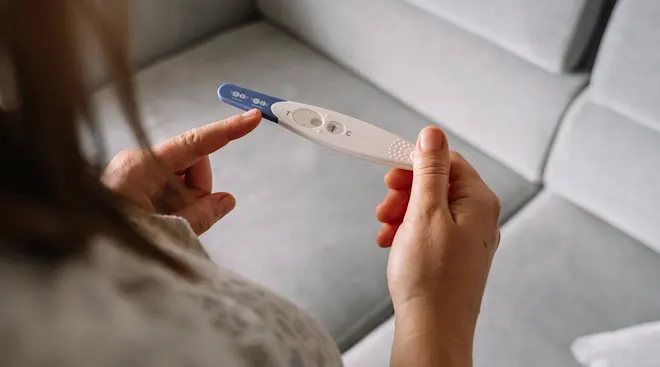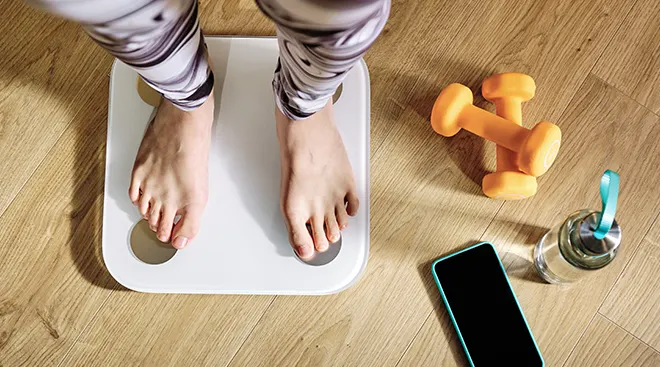The Surprising Link Between Sunscreen and Male Fertility
Sunscreen may not always be the first thing on your mind, but you might want to keep track of how much your partner is slathering on.
A new study from the National Institutes of Health links benzophenone chemicals that filter out UV rays to a 30 percent reduction in male reproductive ability. So personal care products that protect skin and hair from sun damage may actually be extending the amount of time it takes to get pregnant.
“In our study, male fecundity [the biological ability to reproduce] seems to be more susceptible to these chemicals than female fecundity," says researcher Germaine Louis, PhD. “The women participants actually had greater exposure to the UV filters overall, but their exposure wasn’t associated with any significant pregnancy delays.”
For the study, researchers followed 501 couples who were trying to conceive for one year or until they became pregnant — whichever came first. They tested urine samples along the way, and found that the couples who had trouble conceiving had something in common: men had high levels of BP-2 or 4OH-BP in their urine. These are two UV filter chemicals typically found in sunscreens.
Here’s the problem: these ingredients aren’t listed on sunscreen packaging, and there’s no law requiring manufacturers to include them. While Dr. Louis says that may change, for now, the best thing you can do is thoroughly wash off sunscreen once you’re indoors.
“Sunscreen is important for sun protection, and we definitely encourage people to continue using sunscreen to avoid skin cancer," says Louis. "But men who are concerned about fertility may be interested in other ways to reduce their exposure to benzophenone UV filters—whether by cutting back on other products that contain the UV filters or by washing after returning indoors.”
The American Society for Reproductive Medicine says about 30 percent of infertility problems have to do with men. Get tips for combating male infertility here.
Please note: The Bump and the materials and information it contains are not intended to, and do not constitute, medical or other health advice or diagnosis and should not be used as such. You should always consult with a qualified physician or health professional about your specific circumstances.
Navigate forward to interact with the calendar and select a date. Press the question mark key to get the keyboard shortcuts for changing dates.


















































